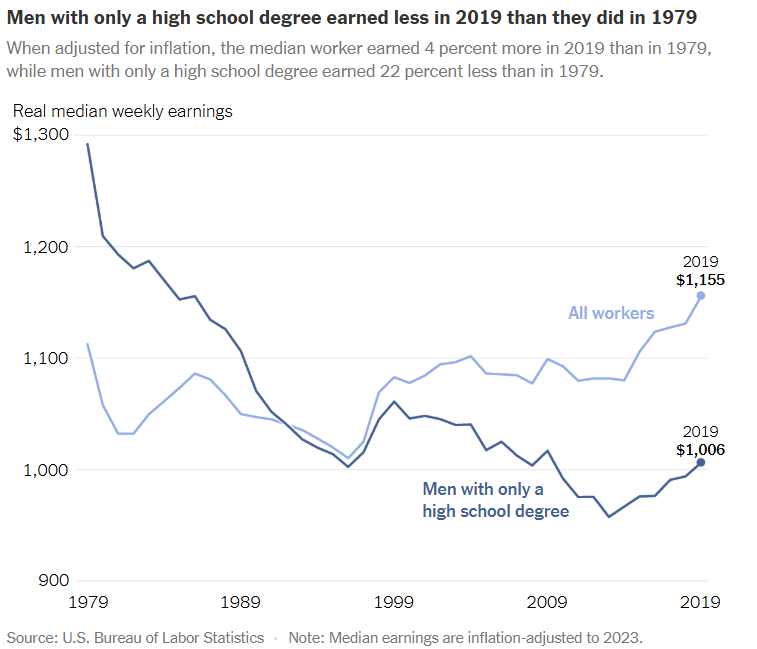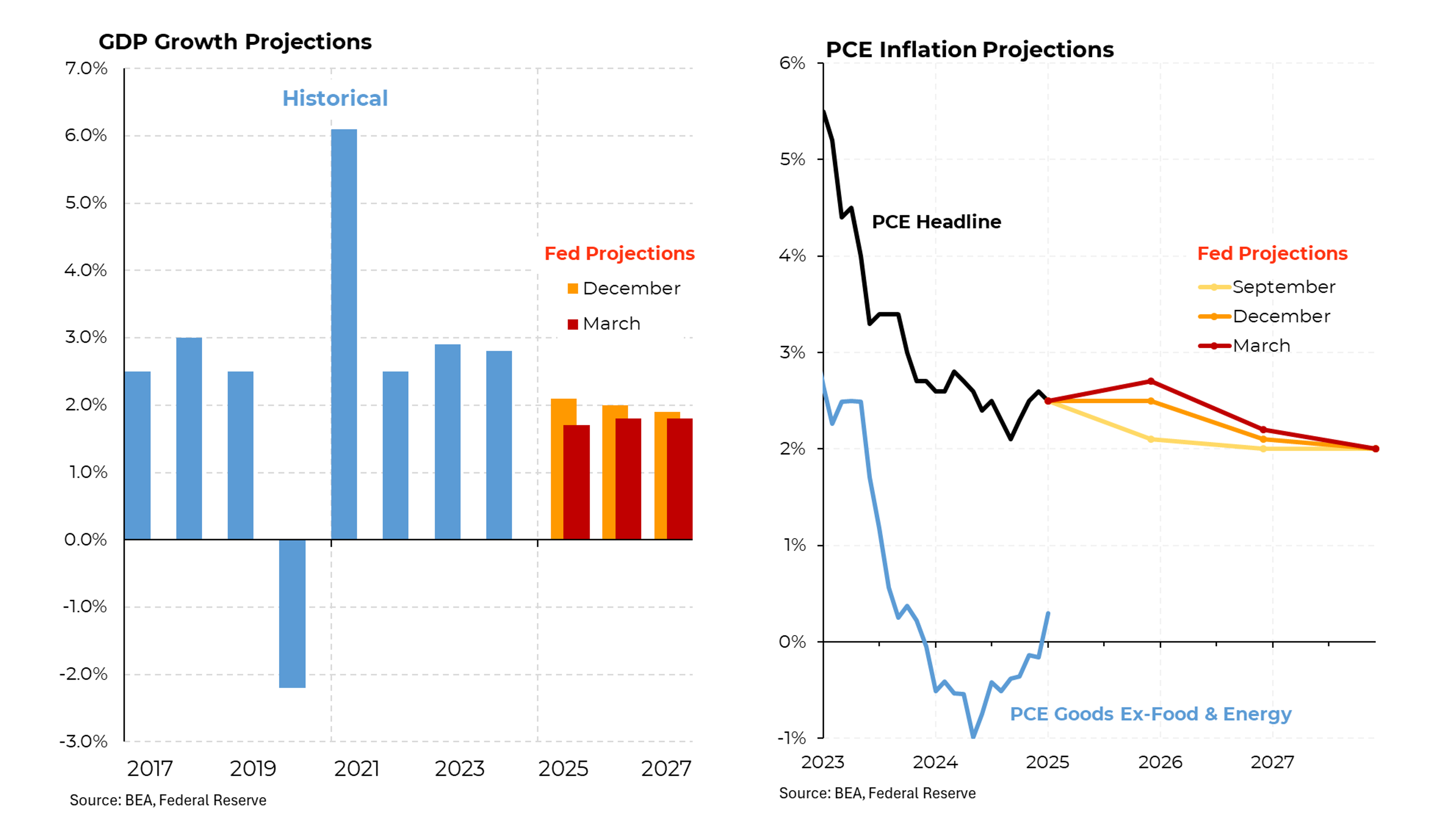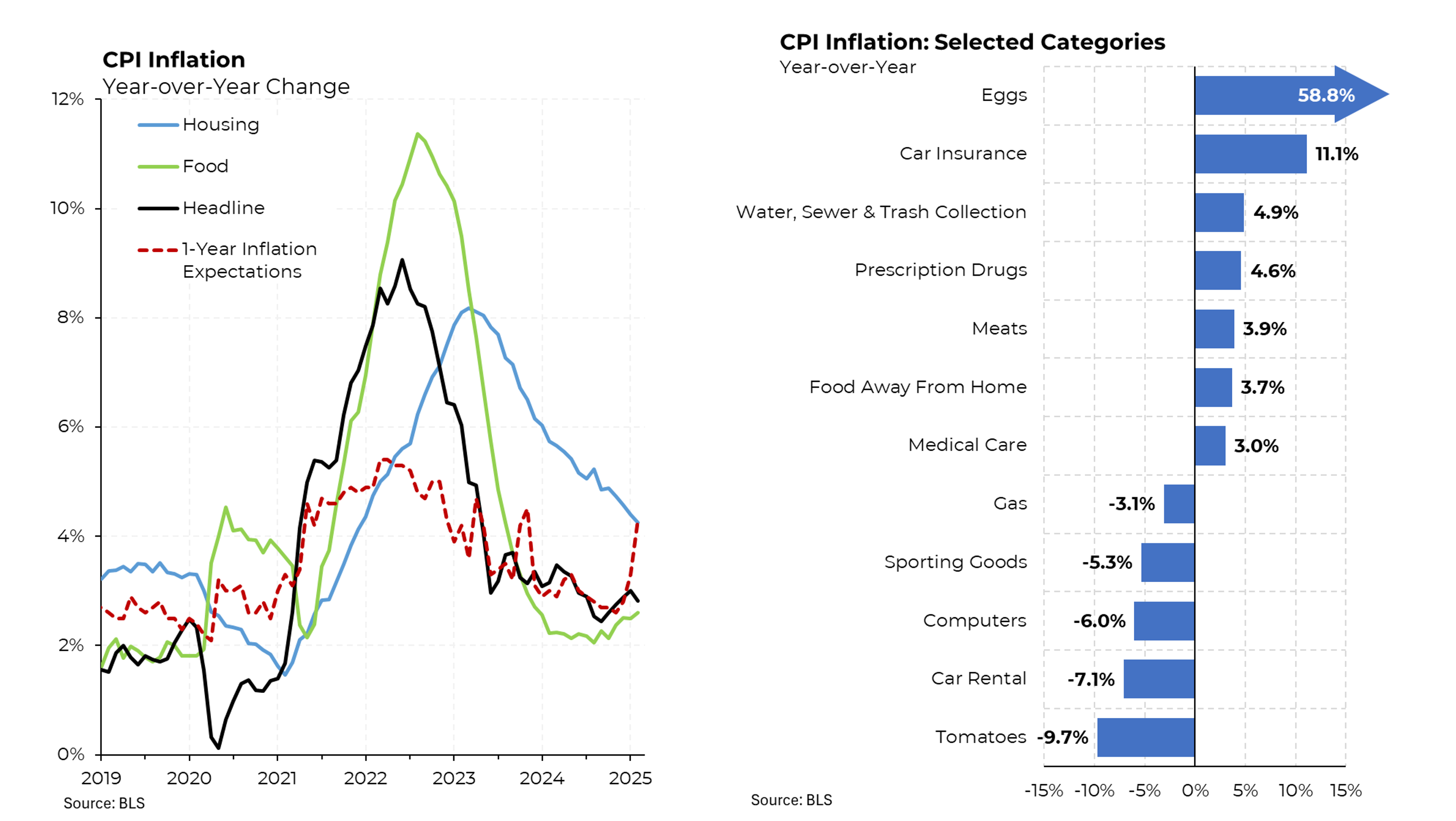Originally appeared in The New York Times
Even as the horror of President Trump’s immigration ban continues to dominate the news, shadowy outlines of his domestic agenda are beginning to form — and it is an equally ugly sight.
As just one example, the White House made clear last week that it will halt a somewhat obscure but critically important regulation approved near the end of the Obama Administration to provide much-needed safeguards for holders of retirement accounts.
That should have been a no-brainer. Who could be against insisting that stockbrokers and the like apply the same ethical standards as lawyers to how they treat their clients?
Answer: Wall Street.
The investment community argues that the existing “suitability” standard – a financial product need only be acceptable as opposed to being in the best interests of the client – is enough.
As the new director of the National Economic Council told The Wall Street Journal on Friday:
The Obama rule “is like putting only healthy food on the menu, because unhealthy food tastes good but you still shouldn’t eat it because you might die younger.”
So if I’m following his analogy, brokers should be allowed to push products onto their clients that they would enjoy buying even if the adviser knows that the investment isn’t in the right thing for the individual.
That’s ridiculous. As someone who has spent most of his career on Wall Street, it has long been obvious to me that too many financial advisers convince their clients to buy what makes the adviser the most money, not what would earn the client the highest returns.
Investment advisers and their clients have an inherent conflict of interest. Unlike many other professionals, most stockbrokers are paid via commissions. In other words, the more transactions a client undertakes, the more the adviser makes.
Additionally, some products – such as private investments – generate much higher fees than a simple purchase of some shares in a public company, providing still further divergence of interests.
And firms have a vested interest in pushing their own products, even if a competitor’s fund might be the superior performer.
In the course of my nearly 35-year Wall Street career, I’ve been shocked at how many of my friends have their savings invested in vehicles with poor performance and high fees.
Of course, some of the blame for those deficiencies rests with individuals who believe they are qualified to make investment decisions. Would you do your own appendectomy or rewire your own house?
Certainly not. So why would anyone other than an investment professional think they can invest their own money?
Whether enablers or perpetrators, Wall Street needs rules like the fiduciary standard to force firms to behave the way they should on their own but obviously aren’t capable of doing.
On an earnings call last week, Kirt Gardner, the chief financial officer of UBS, bragged that his firm will benefit from not having put in place the new fiduciary standard procedures in advance of the rule taking effect.
That may make shareholders happy but it should terrify the firm’s customers.
Even if the rule is repealed before its scheduled April effective date, some lasting benefit seems likely to endure; a few responsible firms like Merrill Lynch have already begun to implement many of the required changes and say that they will be keeping the changes in place.
Kudos to Merrill for its recent advertisements: “We’re committed to your best interest. Not the status quo.”
Americans would be well advised to patronize firms like Merrill that offer accounts in which the client pays an advisory fee based on the size of his assets rather than commissions for each product he buys.
That provides good alignment with the wealth manager – the bigger an account becomes, the more the adviser makes. Be sure to pick a fiduciary to help you.
And of course, the best way for Americans to safeguard their retirement assets remains the simplest: Don’t try to actively manage your money and don’t let any adviser do it for you.
“Beating the market” is a fool’s game that even most professionals fail at. It’s indisputably desirable to invest in equities, particularly when you are younger, because in the long run, stocks have always outperformed bonds.
But please, please, do it through low-cost index funds and don’t ever try to time markets. Even the smartest investors, like Warren Buffett, don’t believe that’s an effective way to grow your nest egg.
The shift in our pension system from the employer-based defined benefit plans to 401(k)’s and individual retirement accounts has complicated financial planning for many Americans. Don’t make it harder than it needs to be.






